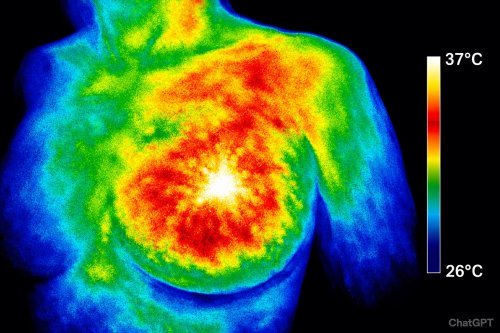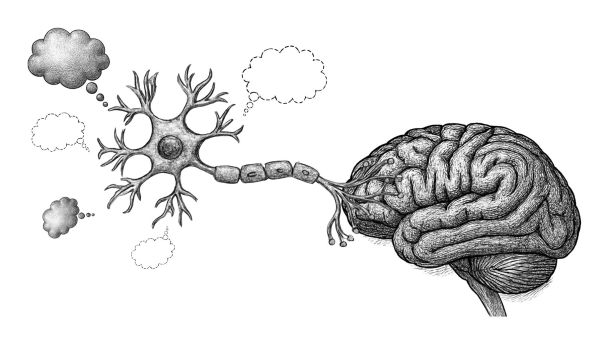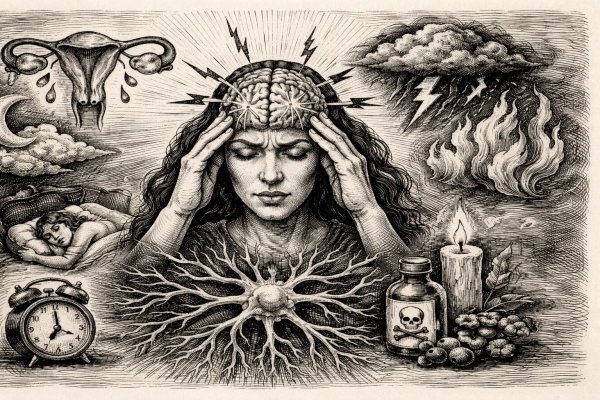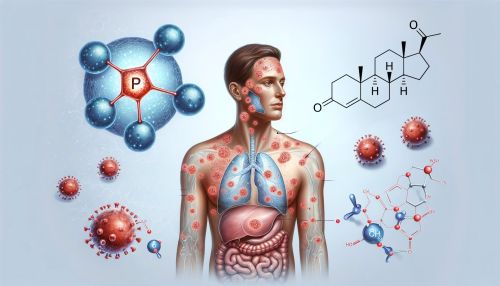Progesterone increasing hair loss?
by Cory
(Denver)
I have only begun progesterone replacement for a short period of time but have already noticed an increase of my already existing problem of hair loss. This being a little bit surprising because seeing how it is a supposed alpha - 5 in inhibitor, my only explanation is that it is indeed increasing estrogen dominance.. which is in turn increasing the need for the conversion of Test to DHT seeing how it a more aggressive androgen by it's own right and acts as a counter-balance.
This is just of course my general theory which I believe applies to the majority of cases involving MPB.(especially from a young age such as my case)
I was actually a bit weary to begin with a high dose seeing as many sources advice men to stay around the 10-20 mg threshold but after browsing this site for awhile but I settled on starting with 40mg initially in hopes of avoiding increasing the already implemented estrogen dominance and move up if needed.. so with these above symptoms in mind, should I increase dosage or persist a bit longer?
I should note I have noticed some positive effects such as being a bit more calm and slightly better erections.. so I am confused to say the least.
Comments for Progesterone increasing hair loss?
|
||
|
||
|
||
|
||
|
||
|
||
|
||
|
||

 Memory is the brain’s ability to store and recall information. When this system fails, we experience memory loss, which ranges from mild forgetfulness to severe cognitive impairment such as dementia o…
Memory is the brain’s ability to store and recall information. When this system fails, we experience memory loss, which ranges from mild forgetfulness to severe cognitive impairment such as dementia o… Migraines aren’t just intense headaches — they’re a systemic neurological crisis that disrupts your senses, drains your energy, and derails your life. What most people don’t realize is that women are…
Migraines aren’t just intense headaches — they’re a systemic neurological crisis that disrupts your senses, drains your energy, and derails your life. What most people don’t realize is that women are… Psoriasis is commonly seen as a skin problem — red, scaly patches that itch and flare without warning — but research shows the real driver may be hormonal imbalance deep inside the body, especially lo…
Psoriasis is commonly seen as a skin problem — red, scaly patches that itch and flare without warning — but research shows the real driver may be hormonal imbalance deep inside the body, especially lo…